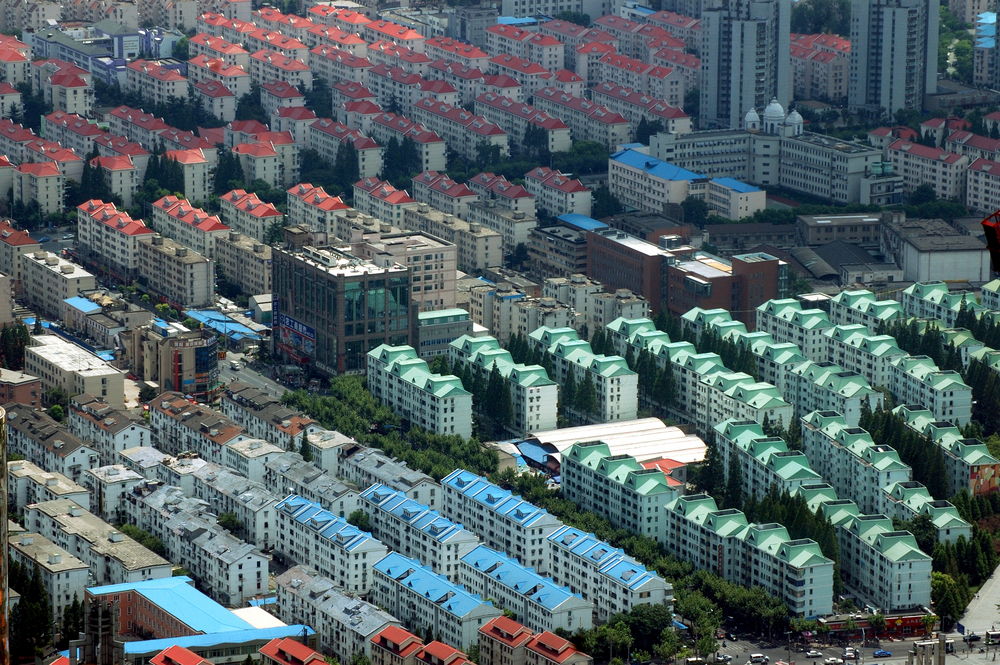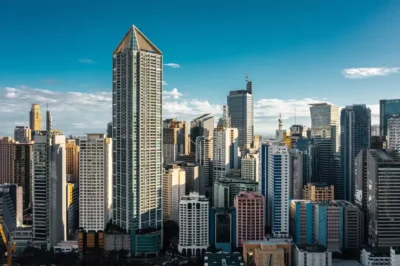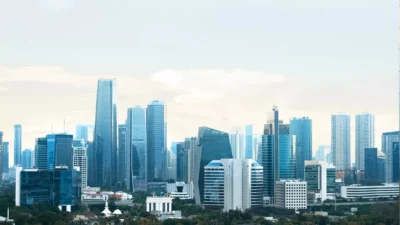News of higher property tax in China alert multiple-home owners
There is little evidence in either city that the levy has worked to curb rising house prices
According to South China Morning Post, news of plans to enact a property tax in selected regions has caused many multiple-home owners to look into offloading their units.
One family, like many in Shanghai, is planning to sell one of their many apartments in case the city decides to raise taxes on residential properties.
In efforts to cool the red-hot real estate market, the central government prepares to trial a new property tax in selected regions across the country. Speculation was prompted following the recent announcement of a five-year pilot programme.
“It is the right time to cash out now before higher tax siphons off money from the family’s money box,” said Liu, an associate professor teaching philosophy at a local university.
“We are already subject to a tariff and obviously we will continue to be the main target of the new mechanism, which will be harsher.”
In Shanghai, residents who own a second home are responsible for an annual levy of between 0.4 and 0.6 percent of the property’s fair value, calculated on the area that exceeds 60 square metres per capita.
In 2011, local authorities of China’s most populous and wealthiest municipalities, Shanghai and Chongqing, were authorised by the central government to collect taxes on real estate within their jurisdictions to control price surges.
However, a new government under Xi Jinping’s presidency a year later postponed the idea of expanding the pilot.
Cathy Li, another multiple-home owner, said, “It looks as if the new tax regime will be harsher now that the central government is determined to curb wild home price rises.”
“We will have to take the opportunity to cash out. An extra tax bill of tens of thousands of yuan will be too big a financial burden on my family,” she said.
Around 40 percent of households in major Chinese cities own at least two homes.
Moreover, the property tax is also part of Xi Jinping’s “common prosperity” campaign to redistribute wealth and solve the increasing social inequality.
“There is more and more talk about a potential increase in the tax rate in Shanghai. Some of our clients want to sell one or two flats as they are vacant,” said Chen Zhongpeng, an agent at Lianjia in Shanghai.
Chongqing levies a progressive property tax that starts at 0.5 percent and goes up to 1.2 percent.
More: China plans to roll out a property tax pilot plan in selected regions
Nevertheless, both cities have shown little evidence that the levy has worked.
The average home price in Shanghai has risen 155 percent since 2011, as stated by E-House China R&D Institute in Shanghai. On the other hand, Chongqing average prices had more than doubled since 2011.
The Property Report editors wrote this article. For more information, email: [email protected].
Recommended
Philippine real estate sees growth in regional markets despite challenges in Metro Manila
Amid pressures, developers and investors are capitalising on a range of opportunities to drive growth in the nation's real estate sector
Bali leads the charge in Indonesia’s rental boom while other regions struggle to keep pace
The rental market is soaring in Bali due to its rich cultural heritage and island charm, while other regions of Indonesia are experiencing less success
Rental markets surge in Asia as digital nomads find new opportunities with visa reforms
As countries in Asia roll out customised visa programmes, rental markets are thriving with the influx of remote workers
China’s hospitality market thrives as developers sell off assets to spark recovery
China’s indebted developers are divesting hospitality assets to generate growth and enhance the outlook of the country’s real estate market









